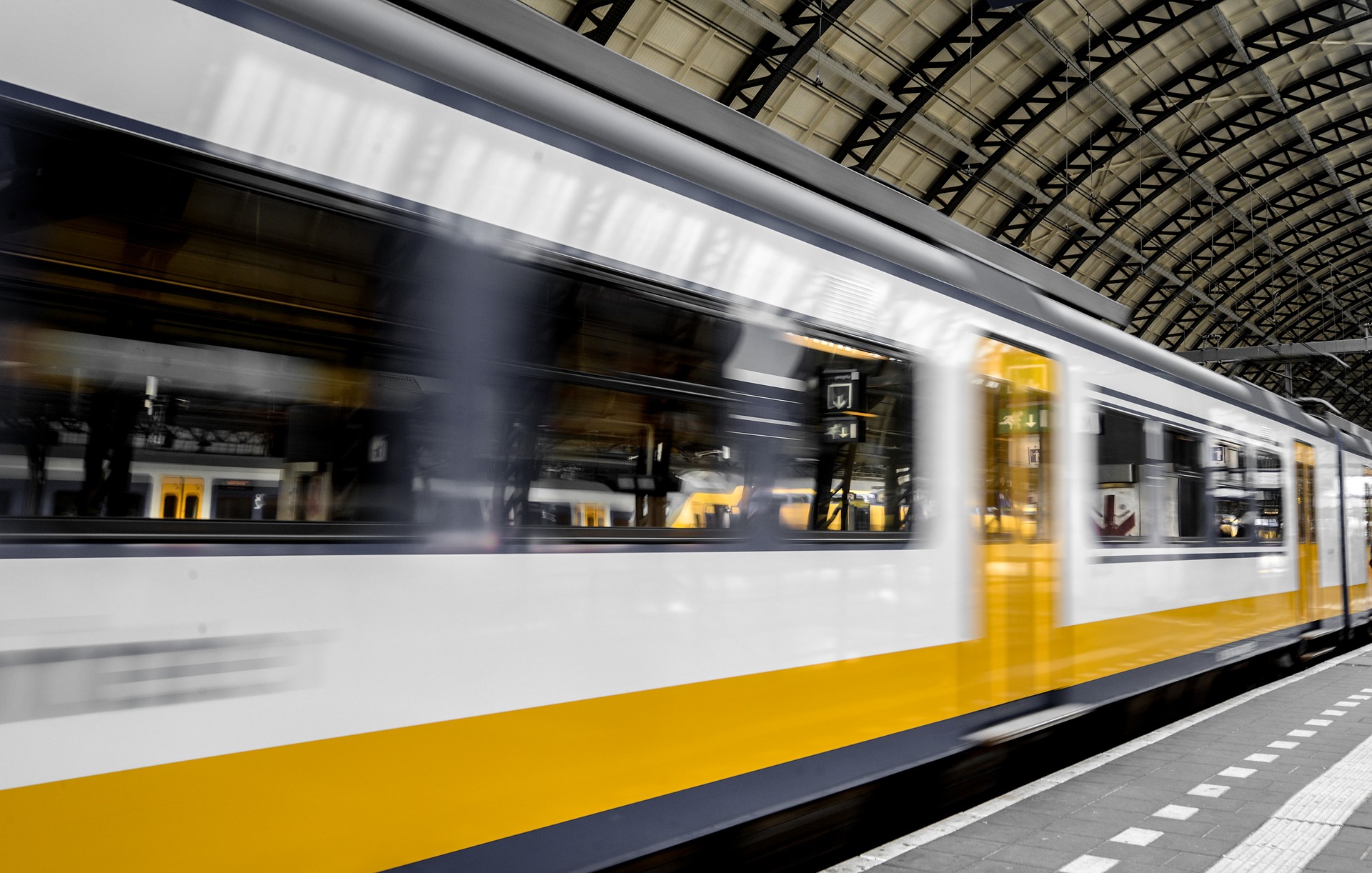Will lecturers and students soon be permitted to travel during the rush hour? Sure, but not all at once. Here are a few questions and answers concerning the new lecture hours.
(Photo: Skitterphoto / Pixabay)
The corona virus will not be going away anytime soon, and that has consequences. For the time being, far fewer students will be able to access the buildings of universities and universities of applied sciences than formerly.
Educational institutions have made special arrangements in this regard, whereby the guiding principle is to limit the flow of students and personnel to campuses. For this reason, lectures may only be held at certain times.
What are these lecture hours ?
As from 15 June, lectures may commence and conclude between 11.00 and 15.00, as well as after 20.00. If so desired, lectures may commence prior to 15.00 and first conclude after 20.00. This will mean spending in excess of five hours on campus. But please note that more flexibility will be possible as from 1 August.
What will happen to lecture hours as at 1 August?
The relevant institutions have promised not to have their lectures all begin at the same time. Some will start a quarter of an hour later than others. In this manner, travel can be spread out more evenly over the day. It may even be possible at some institutions for lecture durations to be increased, such that they commence earlier than 11.00 or conclude later than 15.00.
When will students be permitted to travel?
All day, actually: no one will stop them, provided they enter the train or bus wearing a face mask. However, if they do not need to be in class until 11.00, they are hardly likely to travel during the rush hour. And that is what it is all about.
So it is permitted?
It is not preferable! But an educational institution can do little about whether students go for a cup of coffee somewhere after class and do not take the train home until a few hours later. It applies to everyone that they should avoid being together in high concentrations.
TU Delft, for example, is thinking of guidelines based on postal code, said Rector Tim van der Hagen. “So if you live in one postal code, we expect you to walk to campus. Those in another postal code can cycle, and another postal code can use public transport. We will make time slots for different groups. We are also thinking about extending our timetables and making the cycling routes to and from the TU Delft one way. We are discussing these in the security region and with all stakeholders. It will be give and take.”
What about personnel?
Firm arrangements have only been made with regard to lecture hours. The rest is a question of good will and common sense. If possible, you should avoid the rush hour, but that applies to everyone. Working hours may be spread out a bit more over the day, though, so that we no longer all start at 9.00 and go home at 17.30.
Is it permitted to cycle to lectures?
It is possible, and it is a good idea. Educational institutions will be encouraging it. Three planning offices (the SCP, CPB and PBL) highly recommend cycling as a means of reducing pressure on public transport. They even recommend the laying of extra cycling paths. But, in principle, this will have no effect on the lecture hours as they have been determined.
How much less must students and personnel travel?
The umbrella associations of universities and universities of applied sciences have been crystal clear: trips must be limited to twenty percent of their normal number, and must take place outside the rush hour. According to the Association of Universities of Applied Sciences, for universities of applied sciences (HBO), this still means eighty-two thousand people travelling to the relevant buildings. It truly involves large numbers of travellers.
Must lecturers still work as much as possible from home?
This indeed continues to be the case, even though lectures and examinations will to a degree be starting up again as from 15 June. In September, first-year students in particular will be the ones requiring a great deal of attention.
How rigid are the rules?
The buzz phrase is custom solutions. Some institutions are considering having their own bus transport, so that no additional pressure is put on public transport. E-bikes and other solutions also are also under consideration. In some places, more might be possible than lectures just between 11.00 and 15.00 – certainly with those smarter schedules. The institutions will be making local arrangements in this regard.
What about weekends?
These time windows do not in fact apply to weekends. But then again, there are fewer trains and busses in use at the weekend. Educational institutions will have to take this into account.
HOP, Bas Belleman / Delta, Saskia Bonger
Translation: Taalcentrum-VU
Do you have a question or comment about this article?
redactie@hogeronderwijspersbureau.nl


Comments are closed.